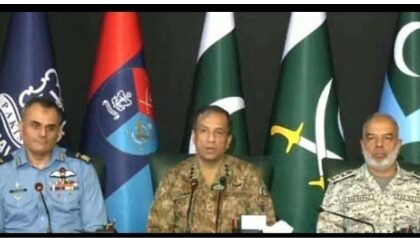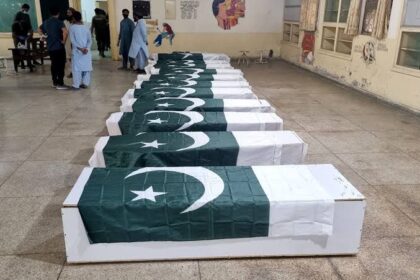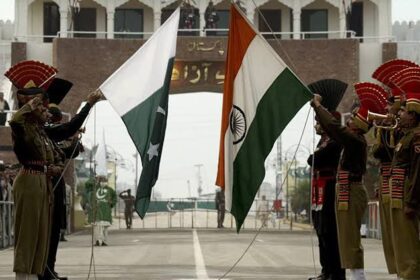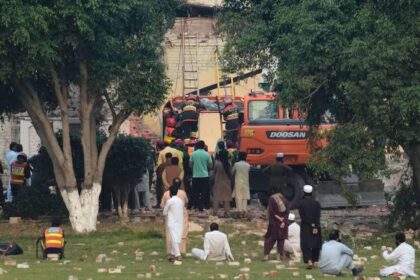Speakers at a daylong conference to commemorate the National Minority Day said that religious minorities in Pakistan continue to face marginalization despite constitutional guarantees and statutory protections.
The event titled ‘Equal Status of Citizenship: Efforts of Civil Society Organizations and Role of State,’ was organized by the Association of Women for Awareness and Motivation (AWAM) in collaboration with the Centre for Peace and Development Initiative (CPDI) and the Christian Journalists Association Pakistan (CJAP). It was presided over by Faisalabad Assistant Commissioner Muhammad Faisal.
The participants said that the rising levels of intolerance and repeated incidents of mob violence had further deepened the divide between the majority and minority communities, eroding social cohesion and national unity. They suggested implementing the landmark minority judgment issued by Justice Tassaduq Hussain Jillani on June 19, 2014, to combat this discrimination.
Addressing the participants, Assistant Commissioner Muhammad Faisal said, “The government is focused on strengthening the enforcement mechanisms of laws related to religious minorities and is fully committed to combating any incidents of hatred directed towards them.”
AWAM Executive Director Shazia George and Program Coordinator Sonia Javed said that laws without the necessary institutional framework and adequate funding were ineffective. They said that a strong political will to enforce those laws, coupled with a sensitized human resource and proper fund allocation, could make the real difference.
Former parliamentarians Noor-un-Nissa Malik and Habkook Gill stressed the need for creating an environment that guaranteed political participation of religious minorities. They also called for encouraging democratic norms within political parties.
Kashif Nawab from the Christian Journalist Association said, “Quaid’s vision for Pakistan was of an inclusive state where everyone was regarded as equal. His address to the first Constituent Assembly embodied the true essence of equality in citizenship and opportunities. However, subsequent practices have fallen short of realizing this vision.”
HRCP’s working group recommends setting up an autonomous statutory national commission for minorities, strict laws to prevent hate, intolerance
Government College University Faisalabad Associate Professors Dr Ghulam Mustafa and Dr Rizwan Ullah Kokab that said political parties must acknowledge their failure to establish the rule of law and inclusive governance, which had left religious minorities in Pakistan vulnerable to discrimination and relegated them to the status of second-class citizens.
The event, moderator by Laiba Shoukat, brought together more than 110 participants, including associate professors, research scholars, youth, journalists, political activists, religious leaders, and human rights defenders.
It aimed to discuss the socio-political context that has led to the exclusion of religious minorities from mainstream development, identify factors contributing to ongoing discrimination and offer insights and lessons on how to achieve inclusive governance and reverse discriminatory practices.
Separately, a group of community leaders issued an open letter to the government, expressing concern about the growing threats faced by religious minorities. The letter was signed by Asad Iqbal Butt, chairperson of the National Interfaith Working Group of the Human Rights Commission of Pakistan (HRCP). It highlighted the glaring violations of minority rights in Pakistan, especially mob violence, forced conversions, and false blasphemy allegations.
Through the letter the group urged the government to take urgent steps to counter the rising tide of hate speech and violence against minorities. It called for implementing Justice Jillani’s landmark judgment from 2014 and recommended setting up an autonomous statutory national commission for minorities. It also demanded protection of minority sites of worship and strict regulation of religious seminaries to prevent hate and intolerance.
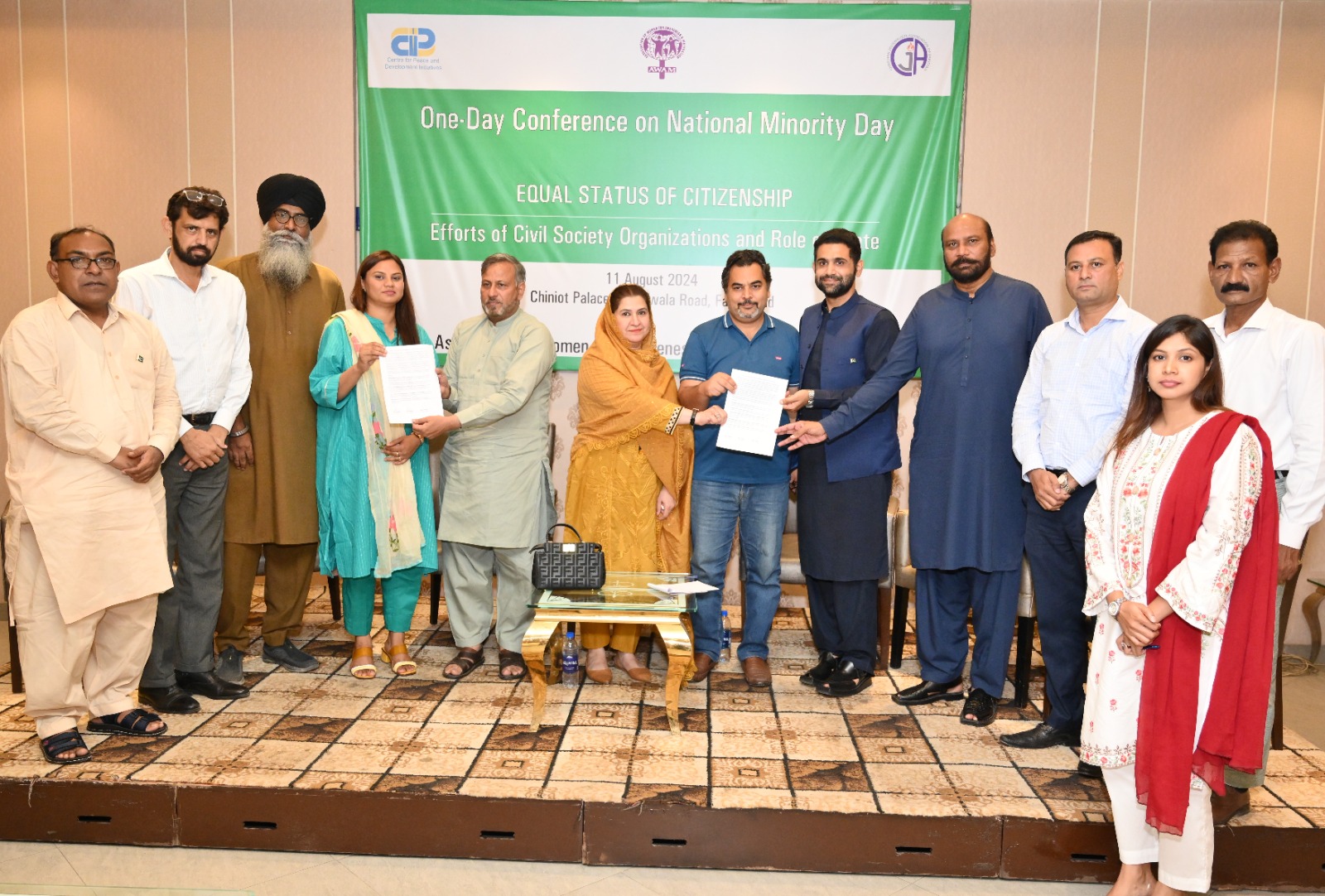
Equal Status of CitizenshipThe group urged the government to not only hold perpetrators of rights violations accountable but also compensate victims, besides promoting equal citizenship. It urged authorities to work towards raising awareness about minority rights and take affirmative action to protect and promote them. It specifically recommended criminalizing forced conversions and early marriages, training judges to adjudicate such cases in line with international norms, and ensuring that census records accurately reflected the number of people from minority groups.









